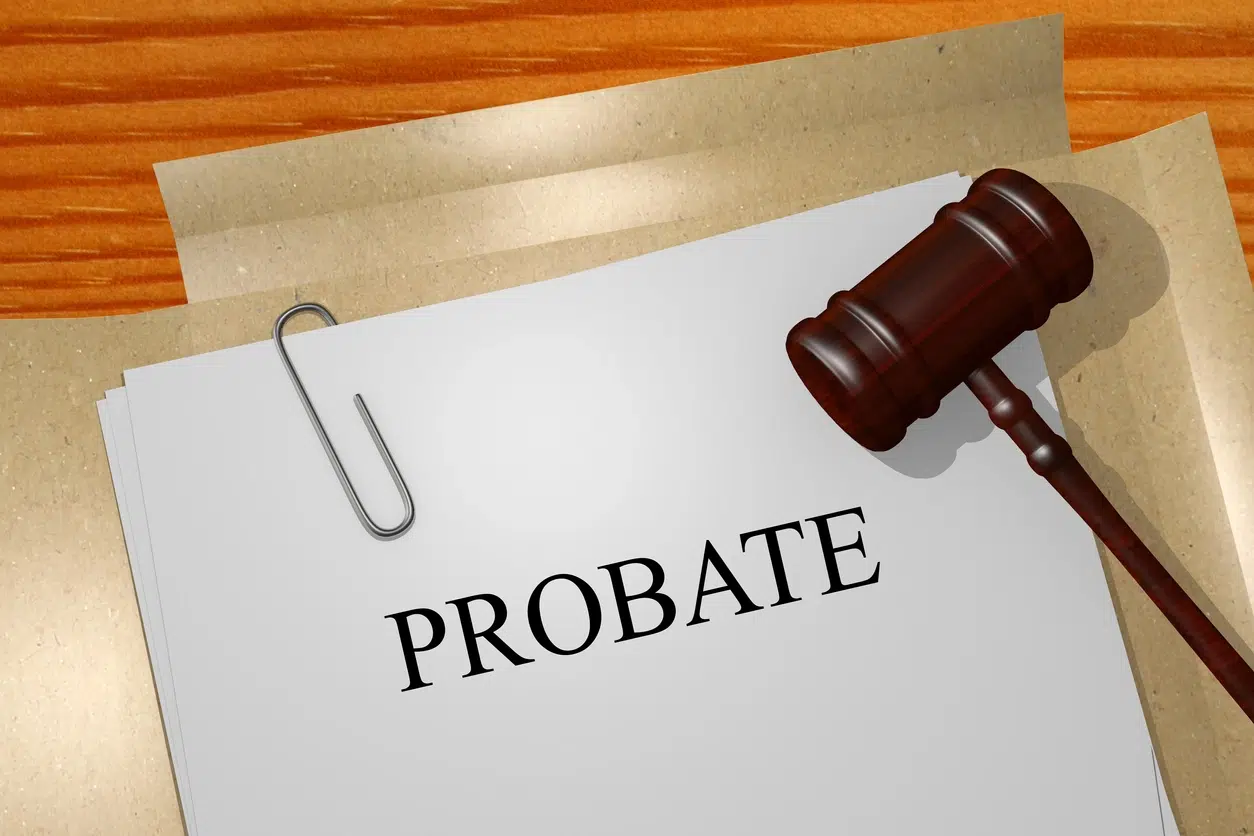Probate Lawyer in Cincinnati

Clever thinking with money and business

Transparent, Upfront Pricing On Your Legal Work

Digital-Forward Practice Means Fast Work Turnaround
The Benefits of Hiring a Probate Lawyer
When a loved one dies, it is important to take steps to probate their estate. Probate is the legal process of transferring the deceased person’s assets to their heirs. This can be a complex and time-consuming process, but a probate lawyer can help you to navigate the system and ensure that your loved one’s wishes are carried out.
Benefits of hiring a probate lawyer:
- A probate lawyer can help you to understand the probate process and your options.
- A probate lawyer can help you to gather the necessary paperwork and file the proper documents.
- A probate lawyer can represent you in court, if necessary.
- A probate lawyer can help you to save time and money.

FAQs About Probate
- How much does probate cost?
The cost of probate can vary depending on the size of the estate and the complexity of the case. However, you can expect to pay attorney fees, court costs, and other expenses. Many county courts in Ohio apply a guideline fee that starts at 5.5% and decreases as the value of the estate increases. Many probate law firms, including Linn Legal, charge the guideline rate. This means that you know upfront how much the lawyer will cost, and they should be able to tell you the fees at the first meeting. - Do I need a lawyer for probate?
You do not need a lawyer for probate, but it is highly recommended. A lawyer can help you to avoid mistakes and ensure that your loved one’s wishes are carried out. Ohio has 88 counties and each county’s probate court has a different way of doing things. Your probate lawyer may know, for example, a shortcut in Hamilton County to transfer a house to a surviving spouse without having to open a full probate. - Who can file probate?
Anyone who is interested in inheriting property from the deceased person can file for probate. This includes spouses, children, grandchildren, parents, siblings, and other heirs. The next of kin typically has the right to administer the estate first, although a will can designate an executor to carry out your wishes. - Why is the probate of a will necessary?
A will is a legal document that expresses a person’s wishes about how their property should be distributed after they die. Probate is necessary to ensure that the will is valid and that the deceased person’s wishes are carried out. A probate court order is the only way a house or vehicle can have its title transferred. Probate is the only way to get money out of bank accounts and retirement funds if there are no beneficiaries listed. - What is the difference between a Will and Probate?
A will is a legal document that expresses a person’s wishes about how their property should be distributed after they die. Probate is the legal process of transferring the deceased person’s assets to their heirs. - What are the types of probate?
There are two main types of probate: testate probate and intestate probate. Testate probate is the process of probating a will. Intestate probate is the process of probating an estate when the deceased person did not have a will. - How long will my probate case take?
The length of time it takes to probate an estate can vary depending on the complexity of the case. However, most probate cases take between 6 months and 2 years to complete. - Should I hire a probate attorney?
Whether or not you should hire a probate attorney depends on the size of the estate and the complexity of the case. However, it is generally recommended to hire a probate attorney for any estate over $50,000. - Is it possible to probate without a will?
Yes, it is possible to probate an estate without a will. This is called intestate probate. However, intestate probate can be more complicated and time-consuming than testate probate. - How do you probate a will?
The process of probating a will can be complex. However, the basic steps are as follows:
- File a petition for probate with the probate court.
- Gather the necessary paperwork, such as the will, death certificate, and inventory of assets.
- Serve notice of the probate case to the heirs.
- Have the will admitted to probate.
- Gather all of the property in the estate.
- Pay debts and distribute the assets to the heirs in accordance with the will.
- If you are facing the probate of an estate, it is important to speak with an experienced probate lawyer. A lawyer can help you to understand your options and to ensure that your loved one’s wishes are carried out.

